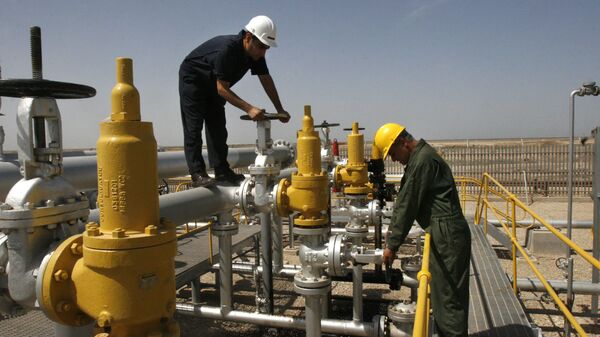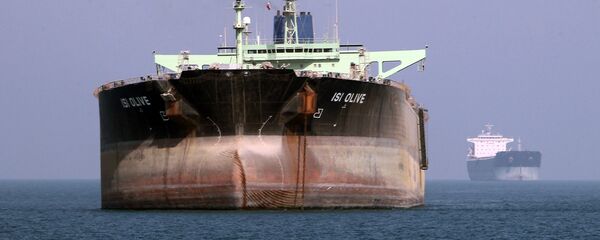Facing the prospects of new economic sanctions, Iran moves to begin the first commercial exports of its own crude oil grade, West Karoun, Reuters reports, citing sources familiar with the matter.
According to the sources, Iran has already shipped samples of the crude to customers, while at the same time ramping up production at the West Karoun oilfields, which have doubled their output since last year to 300,000 barrels per day.
"Initial cargoes of West Karoun will be sold on a spot basis as the quality of the crude is yet to be established," one of the sources explained, while the other added that "some refiners have taken the sample."
On May 8, US President Donald Trump announced his decision to pull out from the Joint Comprehensive Plan of Action, also known as the Iran nuclear deal.
READ MORE: Hillary Clinton: Pullout From Iran Nuke Deal 'Makes US Less Safe and Trusted'
The agreement was signed in 2015 between Iran and the so called P5+1 group, consisting of the five permanent UN Security Council Members (Russia, China, France, United Kingdom and the United States) and Germany.
Under the deal’s auspices, Iran agreed to significantly decrease its enrichment activities and to provide the IAEA with regular access to all Iranian nuclear facilities, in exchange for relief from the nuclear-related economic sanctions imposed against Tehran by the US, EU and the UN Security Council.




